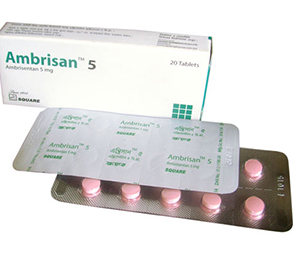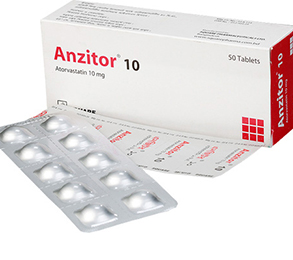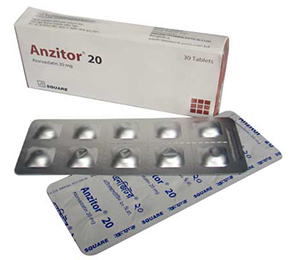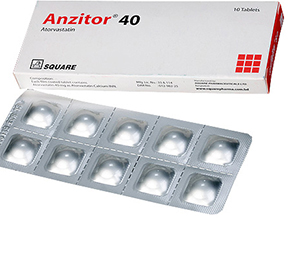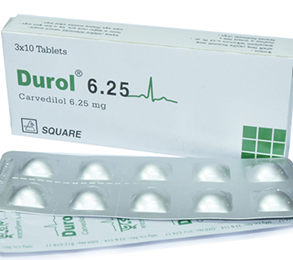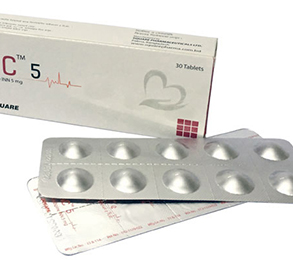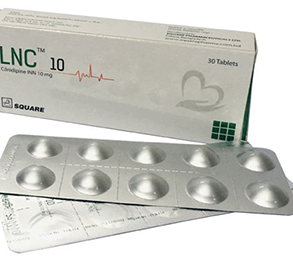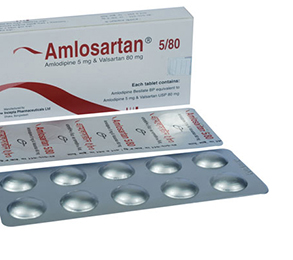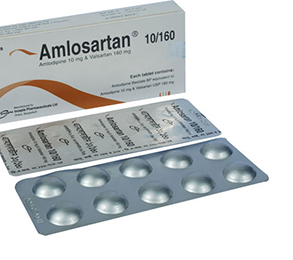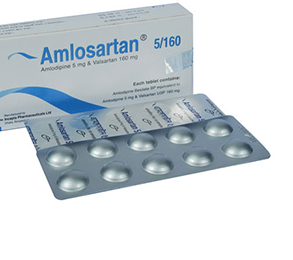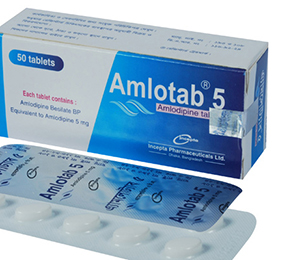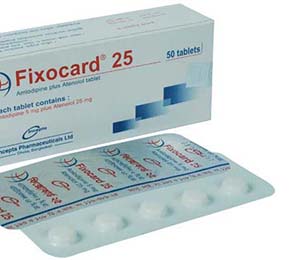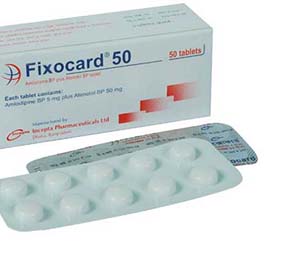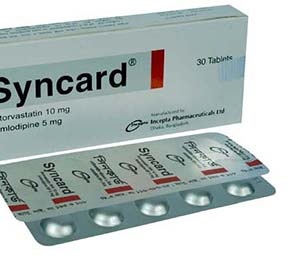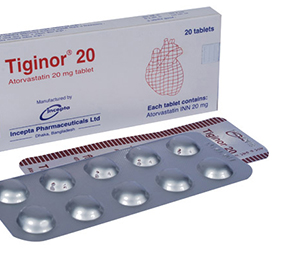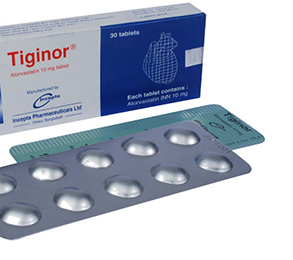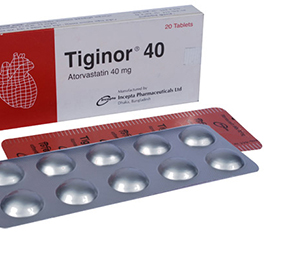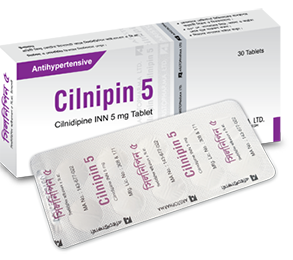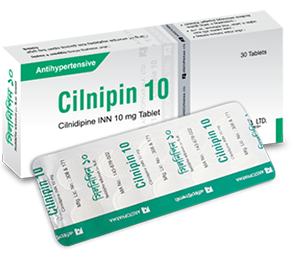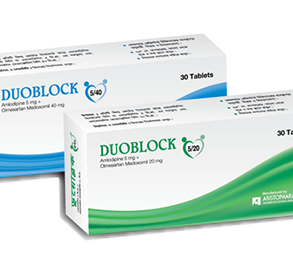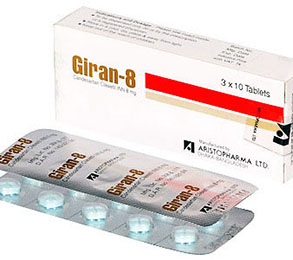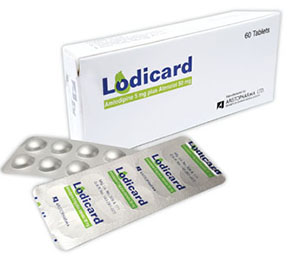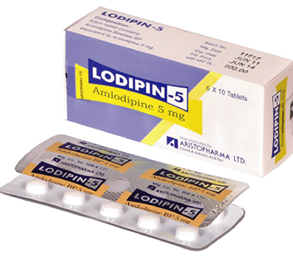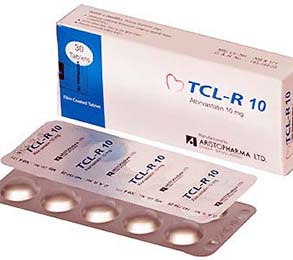Metocard Injection 5 mg/5 ml 1 Pcs
Alternative products
Metoprolol Tartrate
Indications
ln the management of hypertension and angina pectoris. Cardiac arrhythmias, especially supraventricular tachyarrhythmias. Adjunct to the treatment of hyperthyroidism. Early intervention with Metoprolol in acute myocardial infarction reduces infarct size and the incidence of ventricular fibrillation. Pain relief may also decrease the need for opiate analgesics. Metoprolol has been shown to reduce mortality when administered to patients with acute myocardial infarction.
Pharmacology
Metoprolol is a selective beta1-blocker. Metoprolol reduces or inhibits the agonistic effect on the heart of catecholamines (which are released during physical and mental stress). This means that the usual increase in heart rate, cardiac output, cardiac contractility and blood pressure, produced by the acute increase in catecholamines, is reduced by Metoprolol. Metoprolol interferes less with Insulin release and carbohydrate metabolism than do non-selective beta-blockers. Metoprolol interferes much less with the cardiovascular response to hypoglycaemia than do non-selective beta-blockers.
Dosage & Administration
Oral-
Hypertension: Total daily dosage Metoprolol 100-400 mg to be given as a single or twice daily dose. The starting dose is 100 mg (two Metoprolol-50 tablets) per day. This may be increased by 100 mg per day at weekly intervals. lf full control is not achieved using a single daily dose, a b.i.d. regimen should be initiated. Combination therapy with a diuretic or other anti-hypertensive agent may also be considered.
Angina: Usually Metoprolol 50 mg (one Metoprolol-50 tablet) to 100 mg (two Metoprolol-50 tablets) twice or three times daily.
Cardiac arrhythmias: Metoprolol 50 mg (one Metoprolol-50 tablet) b.i.d or t.i.d should usually control the condition. It necessary the dose can be increased up to 300 mg per day in divided doses. Following the treatment of an acute arrhythmia with Metoprolol injection, continuation therapy with Metoprolol tablets should be initiated 4-6 hours later. The initial oral dose should not exceed 50 mg t.i.d.
Hyperthyroidism: Metoprolol 50 mg (one Metoprolol-50 tablet) four times a day.The dose should be reduced as the euthyroid state is achieved.
Myocardial infarction: Orally, therapy should commence 15 minutes after the last injection with 50 mg every 6 hours for 48 hours. Patients who fail to tolerate the full intravenous dose should be given half the suggested oral dose. Maintenance – The usual maintenance dose is 200 mg daily given in divided doses. Elderly’ There are no special dosage requirements in otherwise healthy elderly patients. Signidcant hepatic dysfunction: A reduction in dosage may be necessary.
Injection-
Arrhythmias: By intravenous injection, up to 5 mg at a rate of 1-2 mg/minute, repeated after 5 minutes if necessary, total dose 10-15 mg.
In surgery: By slow intravenous injection 2-4 mg at induction or to control arrhythmias developing during anaesthesia; 2 mg doses may be repeated to a maximum of 10 mg.
Myocardial Infarction: Early intervention within 12 hours of infarction, by intravenous injection 5 mg every 2 minutes to a maximum of 15 mg, followed after 15 minutes by 50 mg by mouth every 6 hours for 48 hours; maintenance 200 mg daily in divided doses.
Impaired Renal Function: Dose adjustment is not needed in patients with impaired renal function.
Impaired Hepatic Function: Dose adjustment is not normally needed in patients suffering from liver cirrhosis because Metoprolol has low protein binding (5-10%). When there are signs of serious impairment of liver function (e.g. shunt-operated patients), a reduction in dose should be considered.
Elderly: Dose adjustment is not needed.
* চিকিৎসকের পরামর্শ মোতাবেক ঔষধ সেবন করুন'
Interaction
Plasma level of Metoprolol may be raised by co-administration of compounds metabolished by CYP2D6 e.g. Antiarrhythmics, antihistamines, H2 receptor antagonists, antidepressants, antipsychotics and COX-2 inhibitors. The plasma conc. of Metoprolol is lowered by Rifampicin.
Contraindications
2nd or 3rd degree AV block, sick sinus syndrome, hypotension, decompensated heart failure, sinus bradycardia, severe peripheral arterial circulatory disorders, cardiogenic shock, severe asthma and bronchospasm, untreated phaeochromocytoma, Prinzmetal's angina, metabolic acidosis.
Side Effects
Bradycardia, bronchospasm, hypotension, headache, fatigue, sleep & gastro-intestinal disturbances, dizziness, vertigo, visual disturbances etc.
Pregnancy & Lactation
Metoprolol should not be used in pregnancy or lactating mothers unless the physician considers that the benefit outweighs the possible hazard to the fetus or infant.
Precautions & Warnings
The second or third dose should not be given if the heart rate is <40 beats/minute, the P-R interval is > 0.26 seconds and the systolic blood pressure is <90 mmHg or if there is any aggravation of dyspnoea or cold sweating. Intravenous administration of calcium antagonists of the Verapamil-type should not be given to patients treated with beta-blockers. When treating patients with suspected or definite myocardial infarction, the haemodynamic status of the patient should be carefully monitored after each of the three 5 mg intravenous doses. Use in Pregnancy: As with most medicines, Metoprolol should not be given during pregnancy and lactation unless its use is considered essential. As with all antihypertensive agents, beta-blockers may cause side effects (e.g. bradycardia) in the foetus and in the newborn and breast-fed infant. Use in Lactation: The amount of Metoprolol ingested via breast-milk seems to be negligible as regards beta-blocking effect in the infant if the mother is treated with Metoprolol doses within the normal therapeutic range.
Use in Special Populations
Renal Impairment: No dosage adjustment needed.
Hepatic Impairment: Reduce dose.
Overdose Effects
Poisoning due to an overdose of metoprolol may lead to severe hypotension, sinus bradycardia, atrioventricular block, heart failure, cardiogenic shock, cardiac arrest, bronchospasm, impairment of consciousness, coma, nausea, vomiting, cyanosis, hypoglycaemia and, occasionally, hyperkalaemia. The first manifestations usually appear 20 minutes to 2 hours after drug ingestion. Treatment: Treatment should include close monitoring of cardiovascular, respiratory and renal function, and blood glucose and electrolytes. Further absorption may be prevented by induction of vomiting, gastric lavage or administration of activated-charcoal if ingestion is recent. Cardiovascular complications should be treated symptomatically, which may require the use of sympathomimetic agents (e.g. noradrenaline, metaramionl), atropine or inotropic agents (e.g. dopamine, dobutamine). Temporary pacing may be required for AV block. Glucagon can reverse the effects of excessive B-blockade, given in a dose of 1-10 mg intravenously. Intravenous B2-stimulants e.g. terbutaline may be required to relieve bronchospasm. Metoprolol cannot be effectively removed by haemodialysis.
Therapeutic Class
Beta-adrenoceptor blocking drugs, Beta-blockers
Storage Conditions
Store in a cool, dry place protected from light. Keep out of reach of children.
- Type Injection
- Tag
- Morbi leo risus
- Porta ac consectetur ac
- Vestibulum at eros






